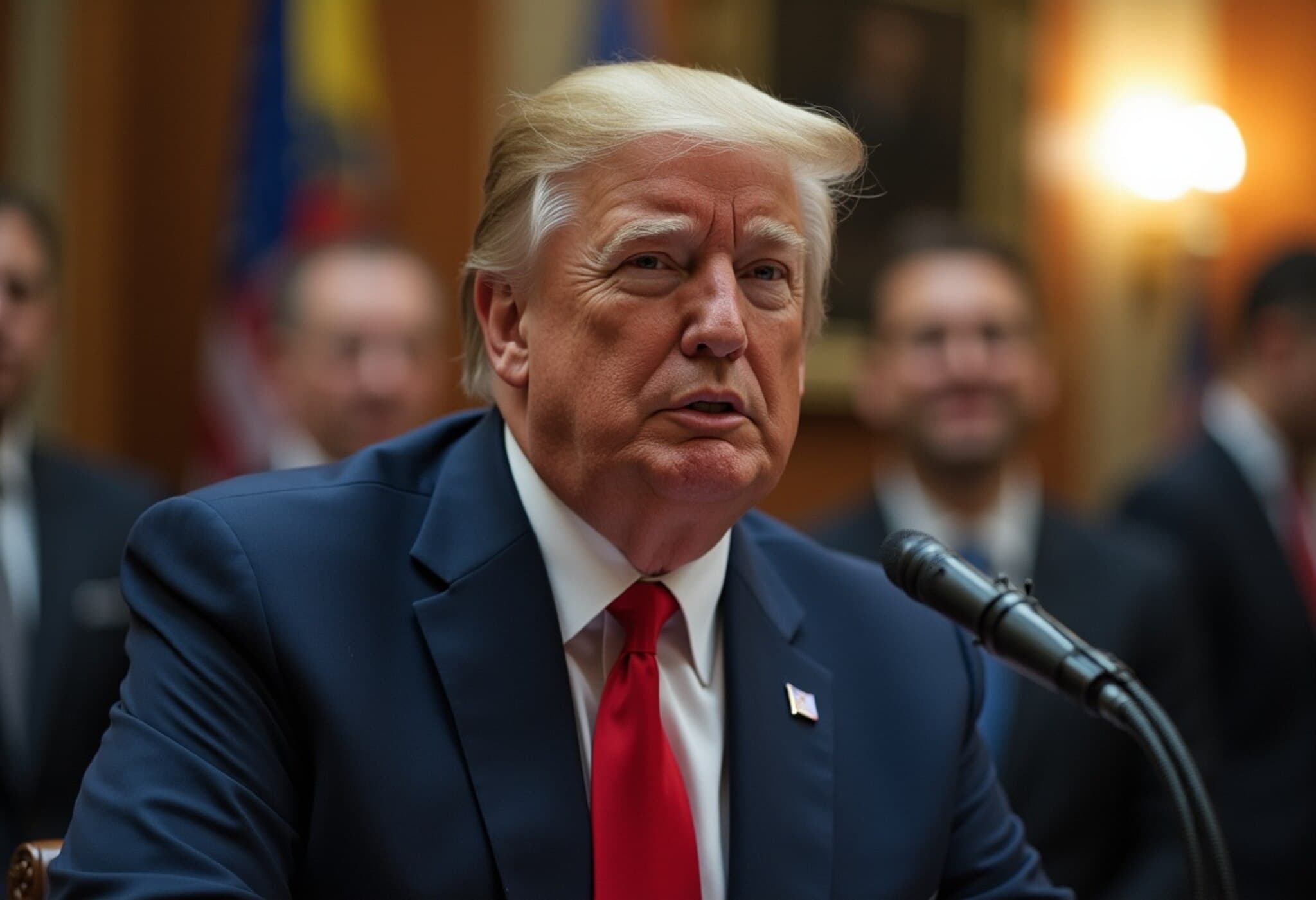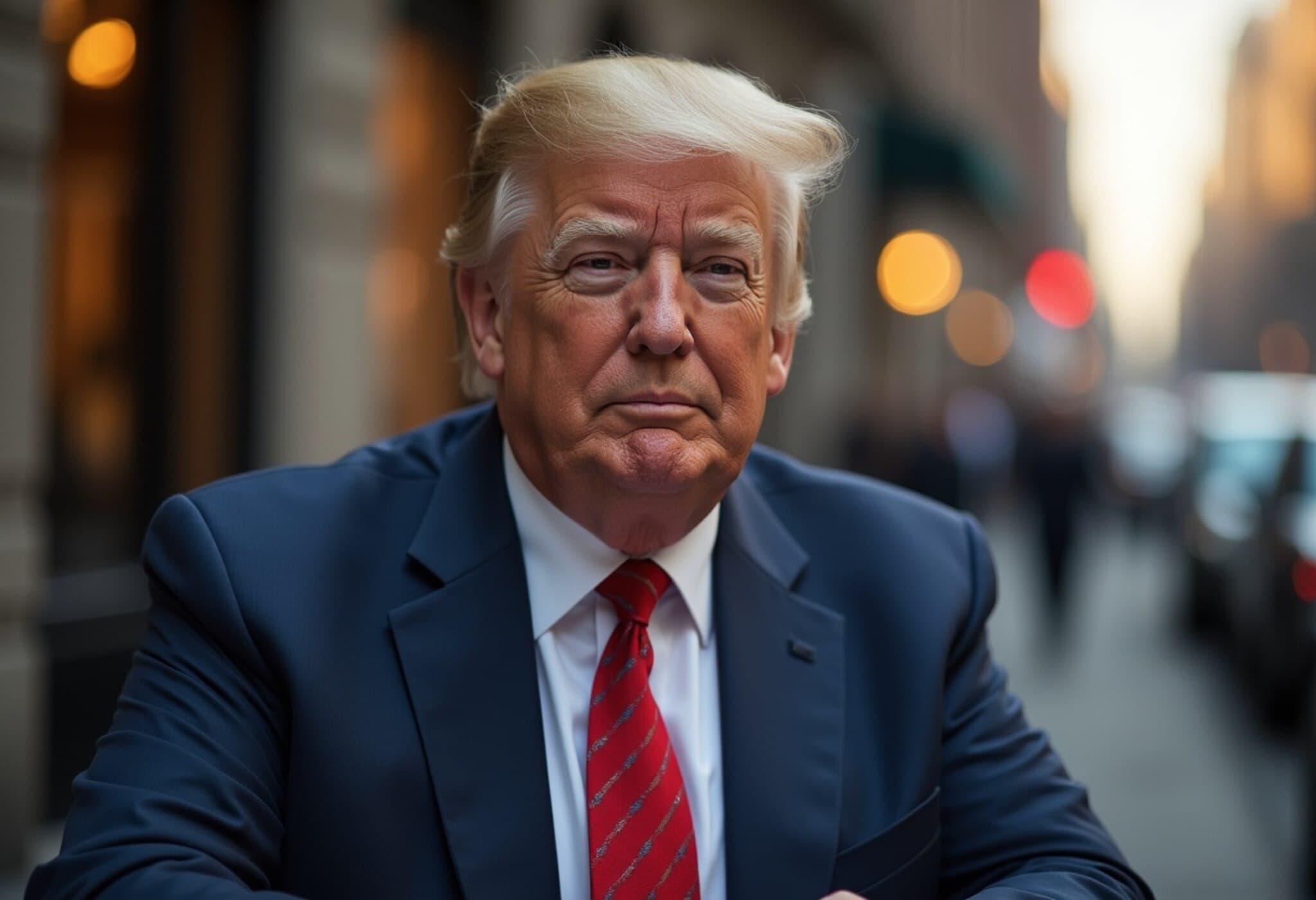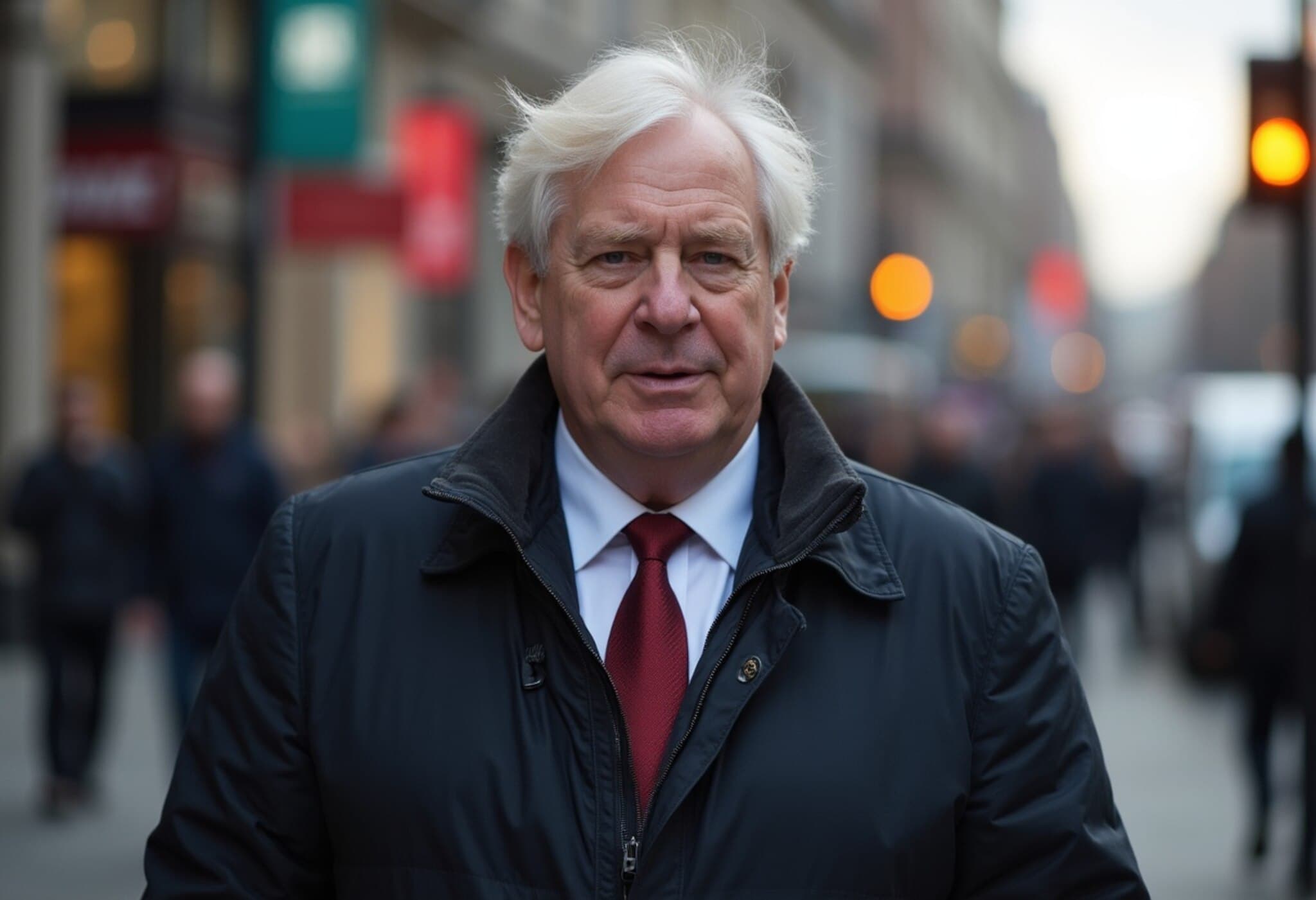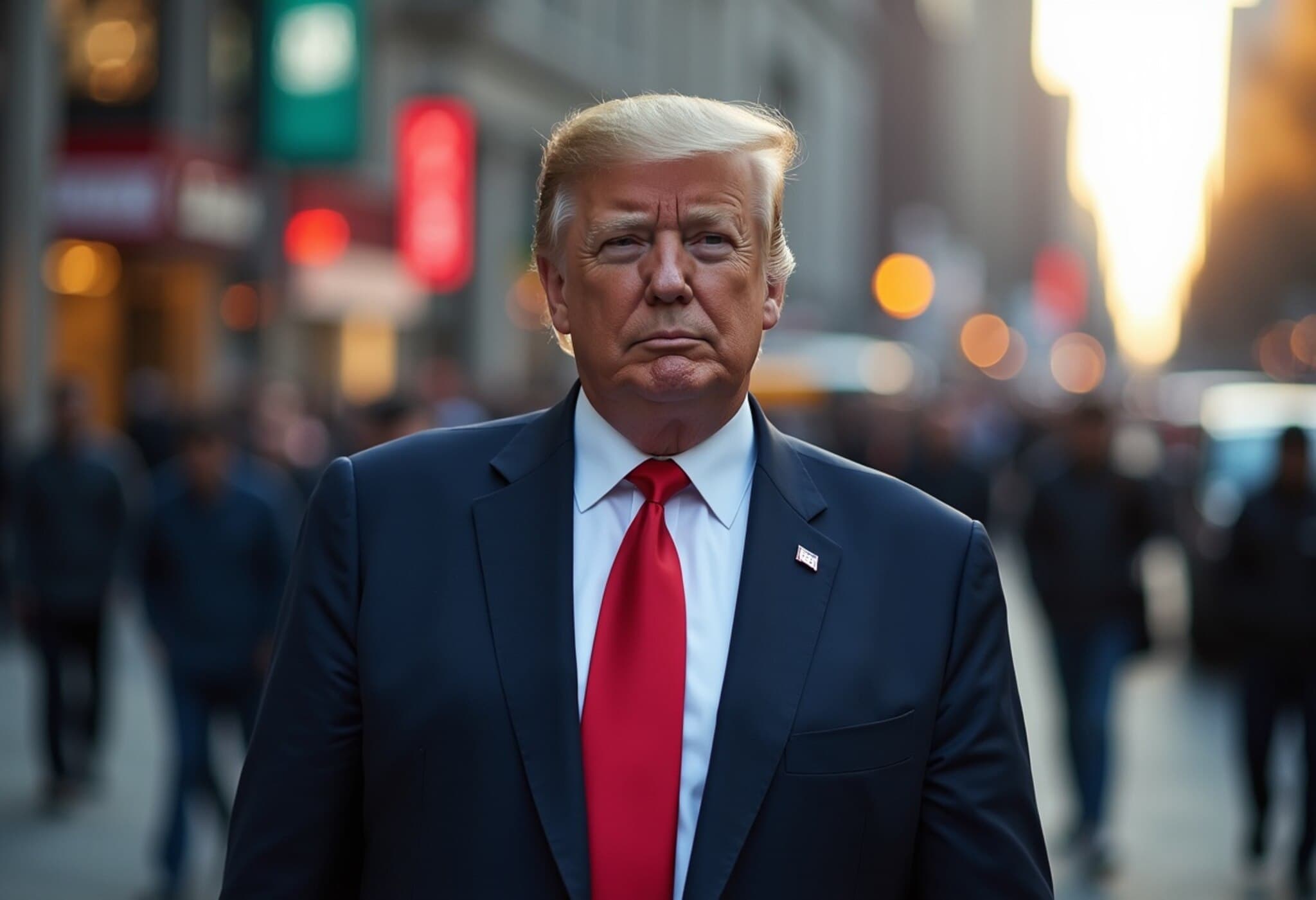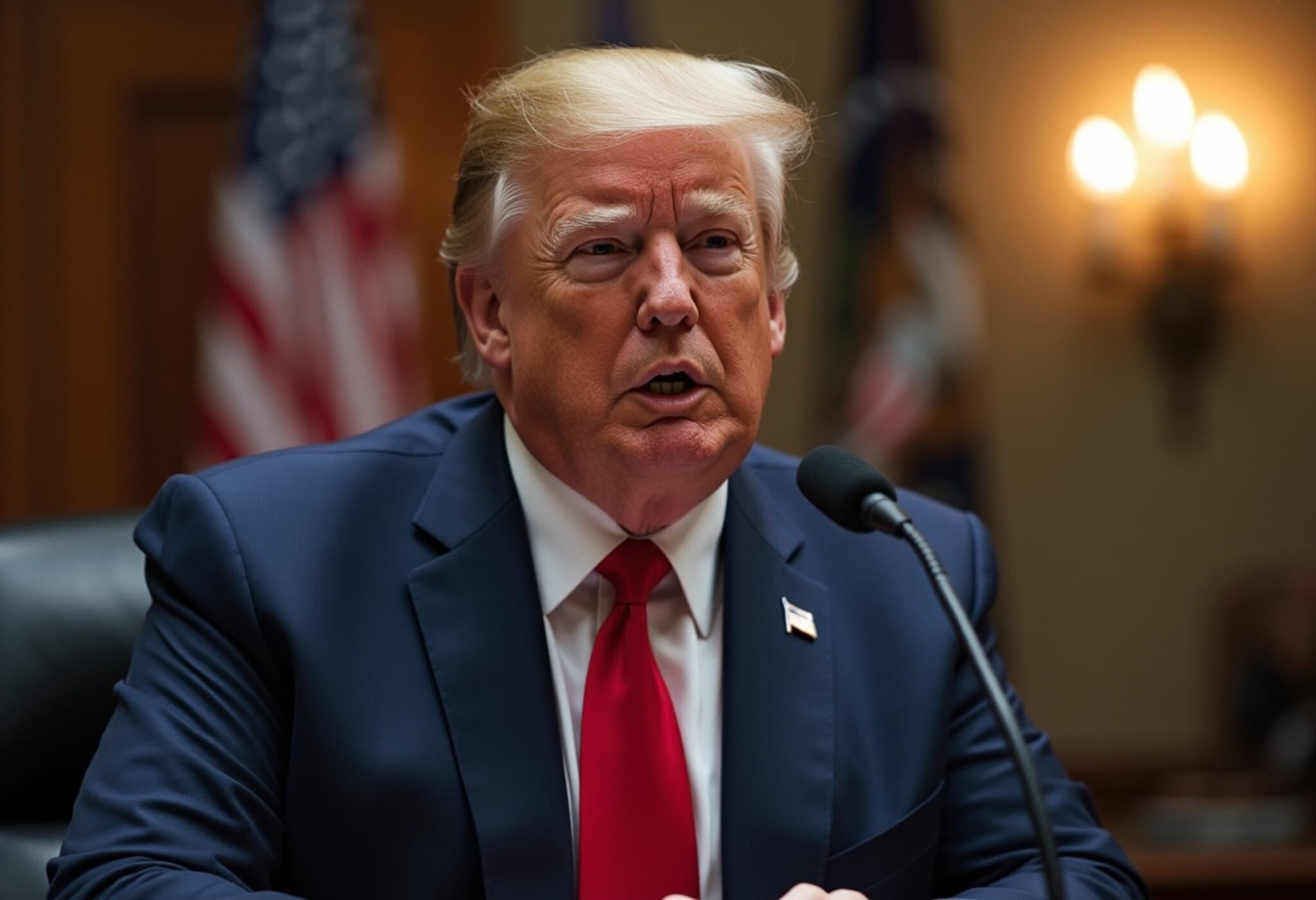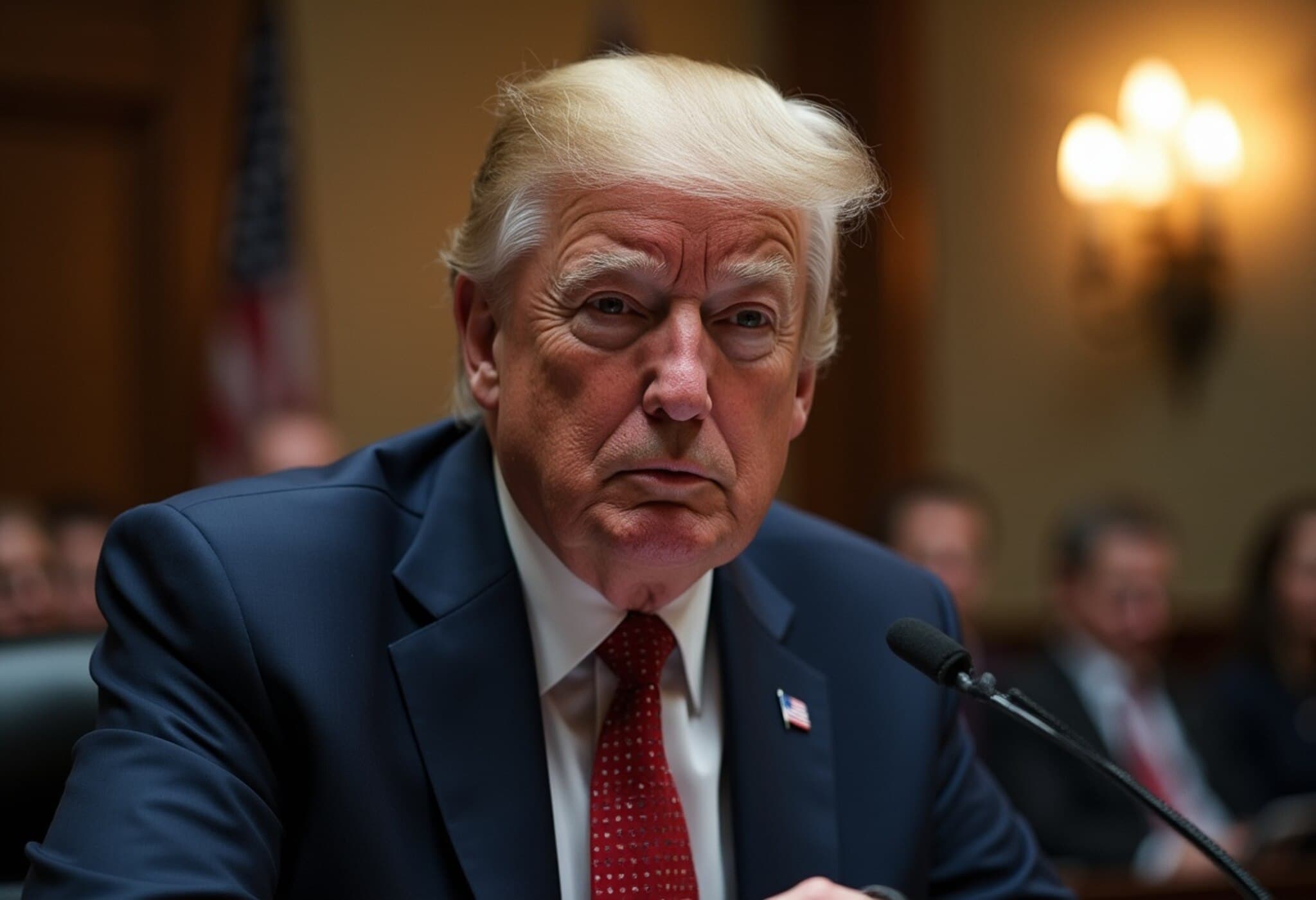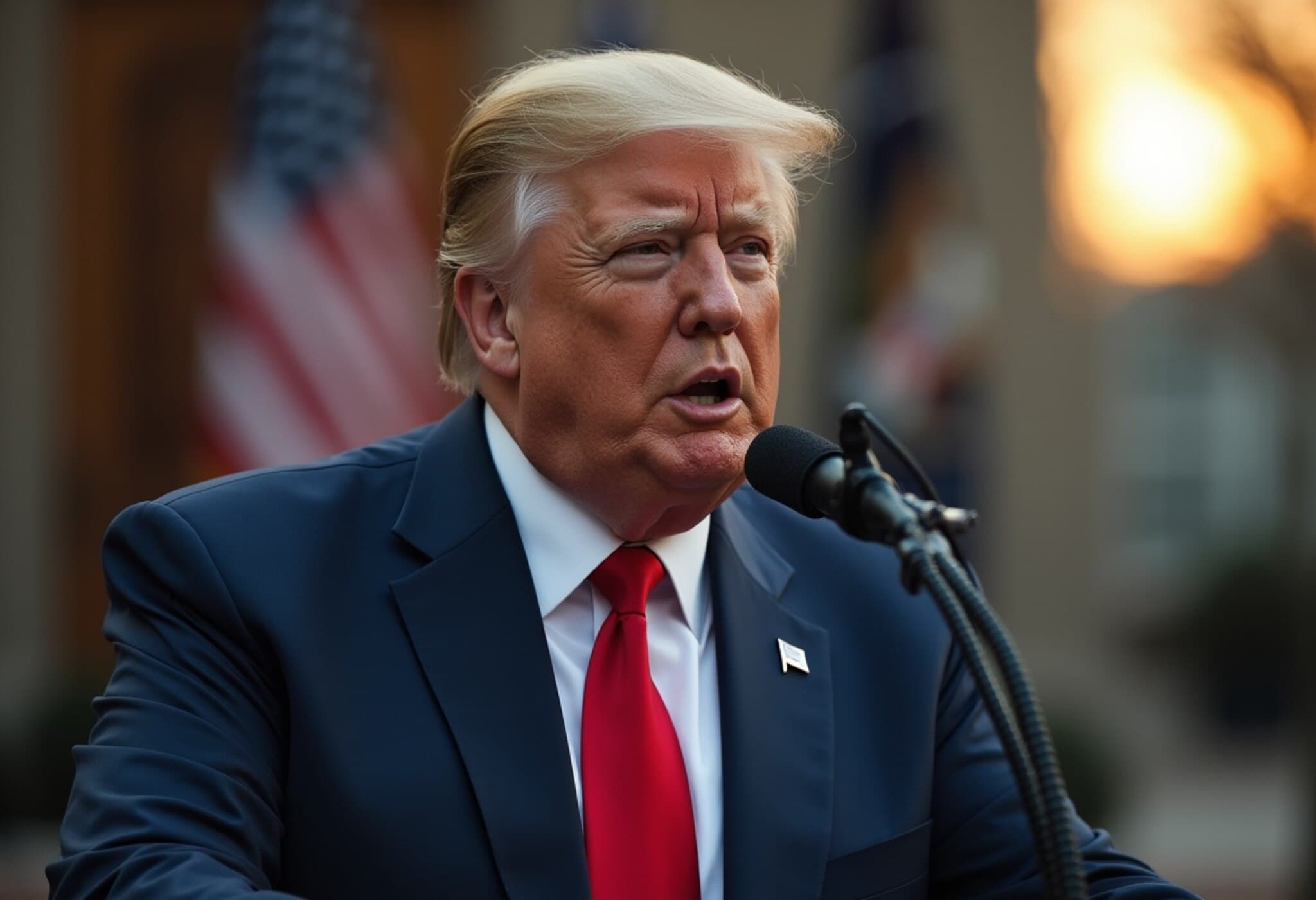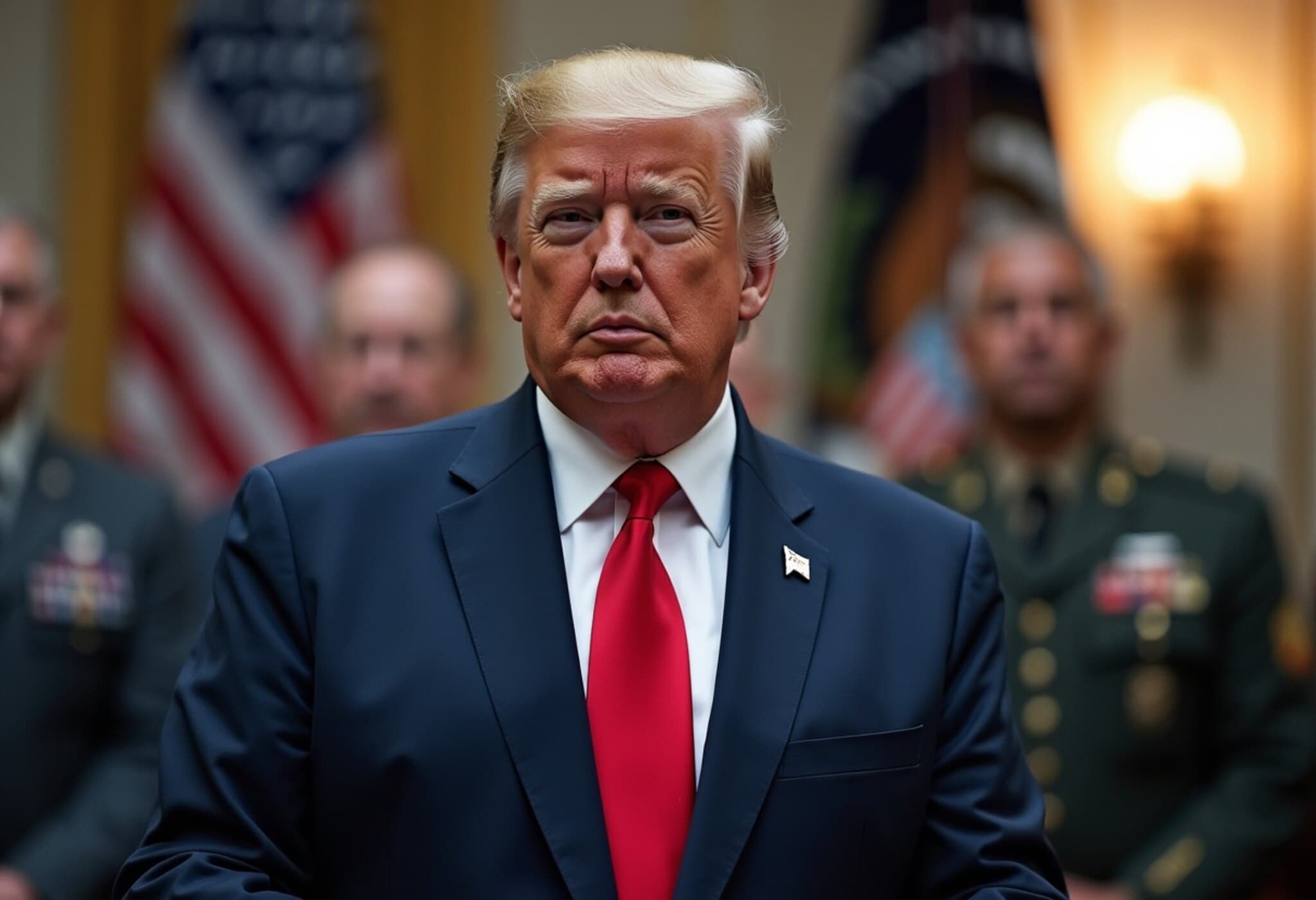U.S. Tightens Visa Restrictions Amid Responses to Charlie Kirk’s Killing
In the weeks following the tragic murder of political commentator Charlie Kirk, the U.S. government has launched an unprecedented campaign targeting foreigners who publicly express support, jokes, or any form of trivialization related to his death. Officials warn that such remarks could lead to visa revocations or outright bans from entering the United States.
A New Ideological Screening for Visa Applicants
The administration’s recently intensified scrutiny exemplifies a shift in how visa applicants are vetted — extending beyond traditional security concerns into the realm of political opinion and social media expression. Secretary of State Marco Rubio has made it clear: anyone on U.S. soil who celebrates the assassination of a political figure like Mr. Kirk risks deportation, underscoring an administration stance that seeks to police ideological boundaries among noncitizens.
“If you are here on a visa and cheering on the public assassination of a political figure, prepare to be deported,” Rubio stated vehemently, reflecting the administration’s zero-tolerance approach toward public endorsement of political violence.
Behind the Scenes: Monitoring and Enforcement
Christopher Landau, the State Department’s deputy chief and former ambassador to Mexico, spearheads this initiative. He has actively recruited the public to report online comments that could be interpreted as celebrating or justifying Kirk’s murder. Mr. Landau's social media presence even includes playful, superhero-inspired visuals branding himself as “El Quitavisas” (“The Visa Yanker”) – an illustration of the agency’s new stance on ideological policing.
However, the extent to which visa revocations are executed remains opaque, with uncertainty over how many targeted individuals have actually held or lost visas. Still, the policy marks a significant expansion of criteria used to determine admissibility.
Contextualizing the Policy: A Broader Crackdown on Speech?
Experts warn that this ideological screening may represent a disturbing precedent. Ricardo Zúñiga, a seasoned former diplomat who served across five administrations, highlights concerns:
“Would the same rules apply to those mocking attacks on the administration’s opponents? This blurs the line between safeguarding national security and suppressing free expression.”
This approach echoes earlier efforts during the Trump administration to vet visa and refugee applicants based on social media activity, especially aiming to filter out perceived hostile views towards U.S. institutions or culture. Measures have included publicizing social media data of visa candidates and probing political stances on foreign conflicts.
Balancing Security and Civil Liberties
From the State Department spokesperson Tommy Pigott’s perspective, these policies are “common sense” measures essential for national security, especially against antisemitism and foreign advocacy for harm to Americans. Meanwhile, civil liberties advocates and some foreign commentators see them as a worrying form of ideological gatekeeping that risks infringing on free speech principles.
Voices Affected by the Policy
Notable among those flagged for comments are Mexican commentator Jorge Roberto Avilés and South African journalist Redi Tlhabi, whose critical views on Mr. Kirk’s political stance and circumstances surrounding his death triggered official responses. Both received “Quitavisas” warnings, symbolizing the new enforcement ethos. Some individuals publicly expressed regret for their remarks to avoid potential visa consequences.
Legal Foundations and Historical Analogies
The move draws on longstanding but rarely enforced laws, such as the 1952 statute barring members of Communist parties from immigration. Contemporary application, however, extends into murkier territory as it evaluates ideological expressions rather than clear security threats, raising questions about consistency and fairness.
Expert Analysis: What This Means for U.S. Immigration Policy
This episode sheds light on a larger question: How far should a country go in vetting foreign visitors based on their political opinions? The U.S. faces the challenge of balancing legitimate security interests with upholding its foundational values of free speech and open exchange.
Legal experts warn that conflating speech — even speech many find offensive — with national security risks chilling dissent and undermining the very democratic principles the U.S. promotes abroad.
Moreover, the policy’s apparent targeting of critics and ideological opponents may fuel geopolitical tensions, especially across the Americas, where freedom of expression is varied and often contested.
Conclusion: A New Era of Ideological Gatekeeping?
The U.S. government’s campaign against foreign commenters on Charlie Kirk’s murder represents a stark evolution in immigration enforcement — one that prioritizes ideological conformity alongside traditional security criteria.
As debates intensify over the boundaries of acceptable speech for foreign nationals, the implications for international relations, civil liberties, and immigration policy remain profound and unsettled.
Editor’s Note
This unfolding saga raises critical questions: To what extent should governments police not just actions but beliefs and speech? How might these policies affect the U.S.’s image as a land of opportunity and free expression? And what safeguards are needed to prevent ideological bias from driving immigration decisions?
Experts and citizens alike must watch closely as this groundbreaking approach to visa vetting develops, weighing national security against the constitutional ideals that define American identity.



